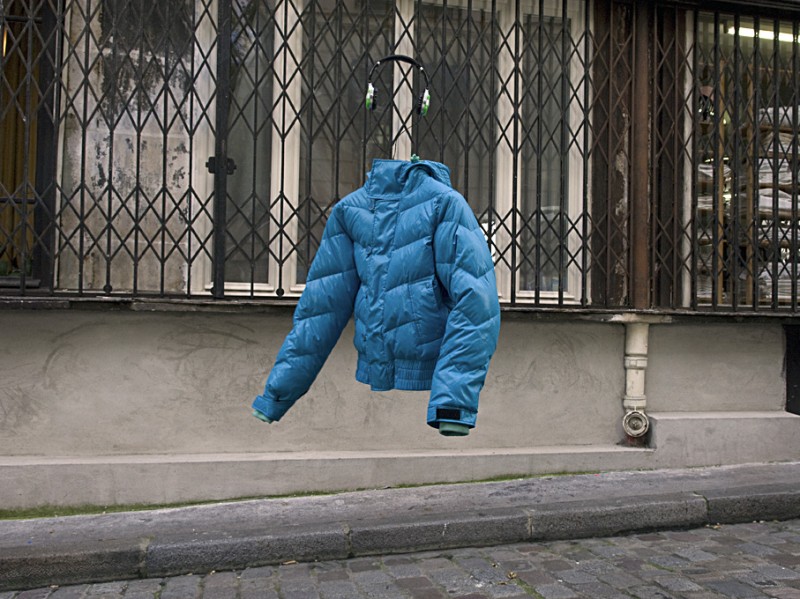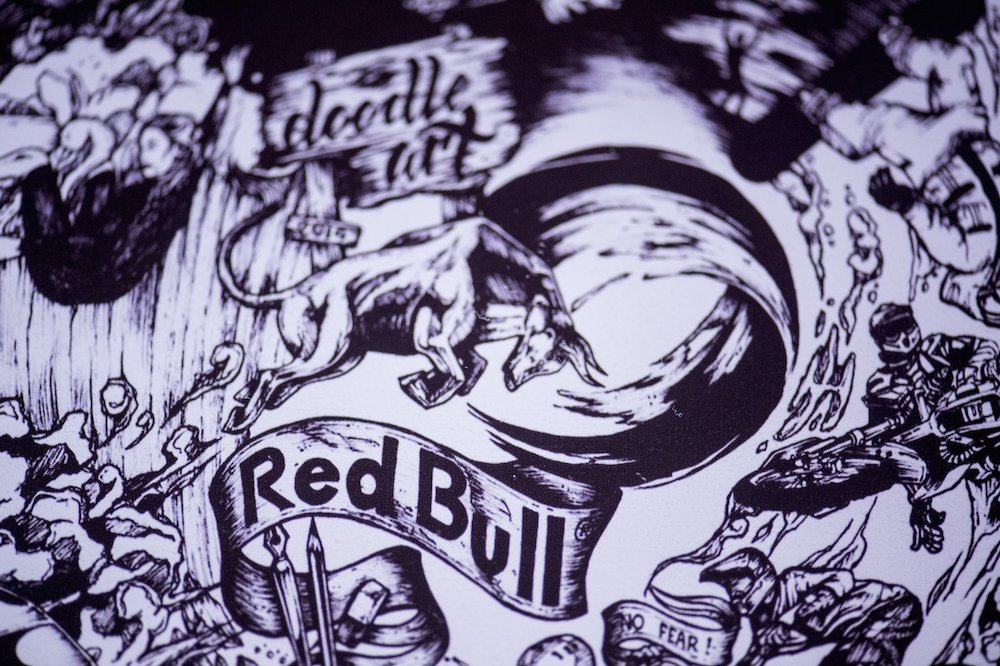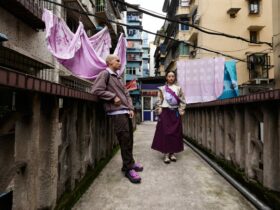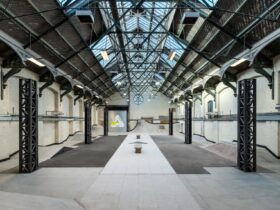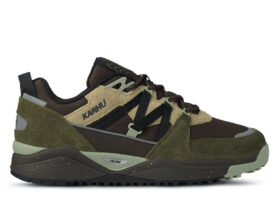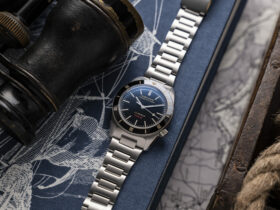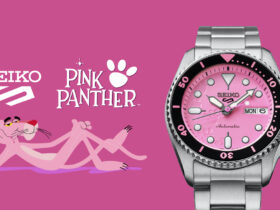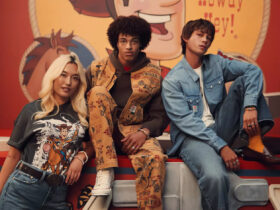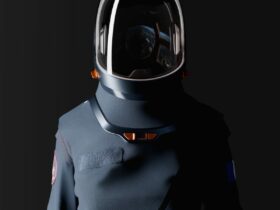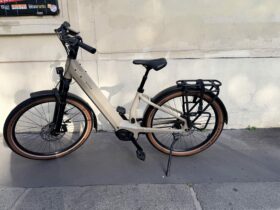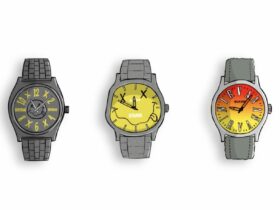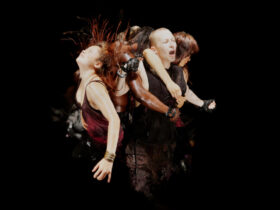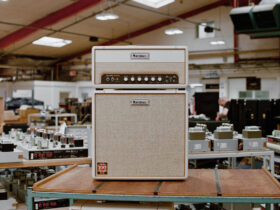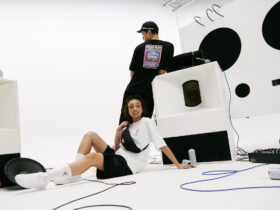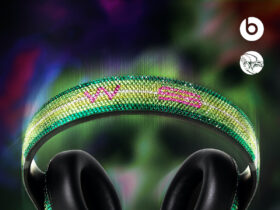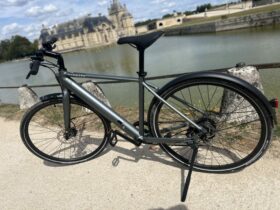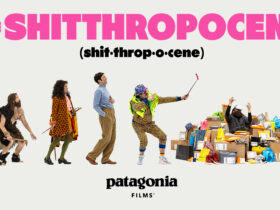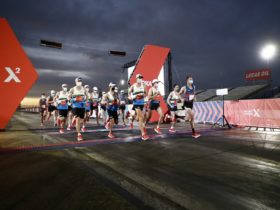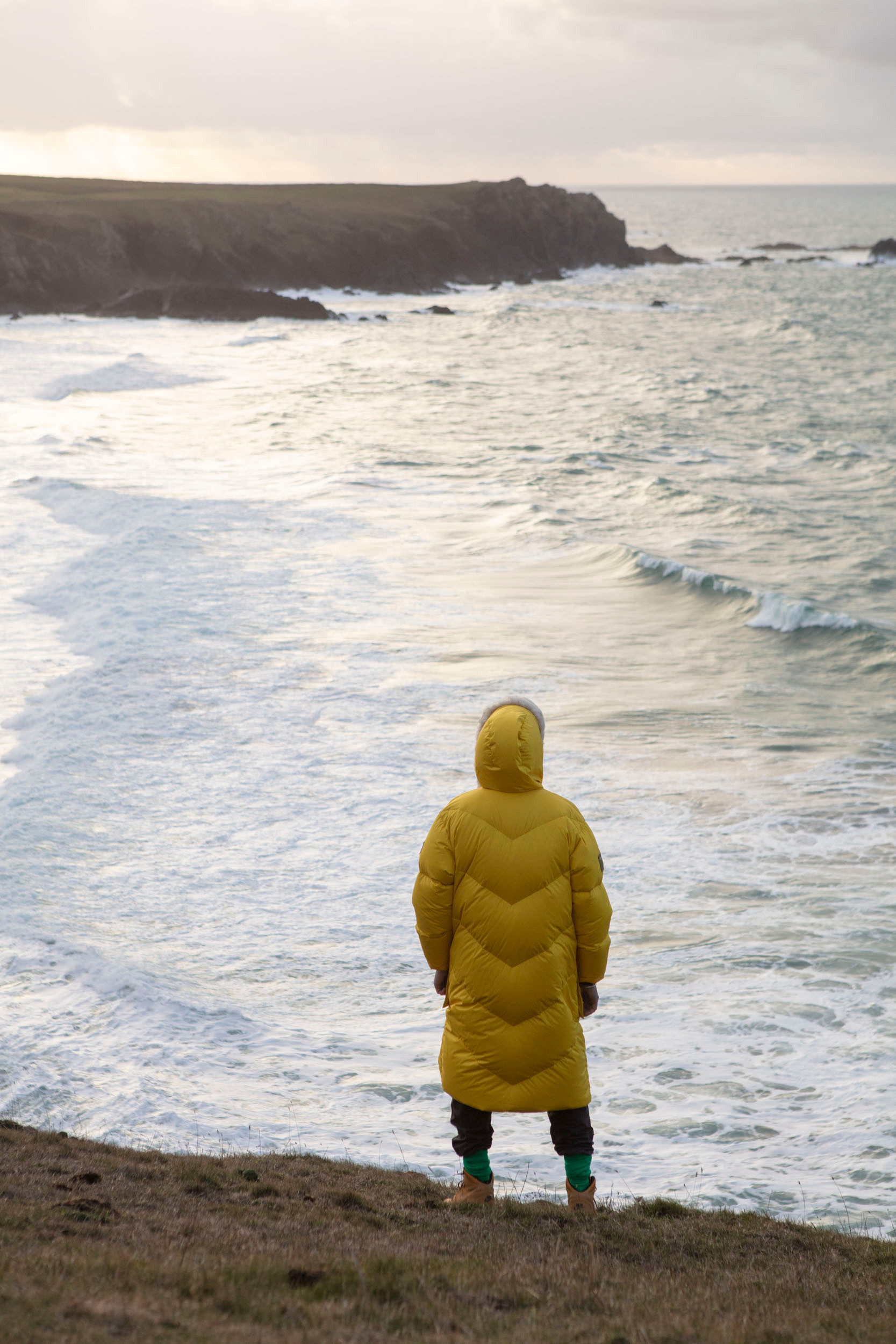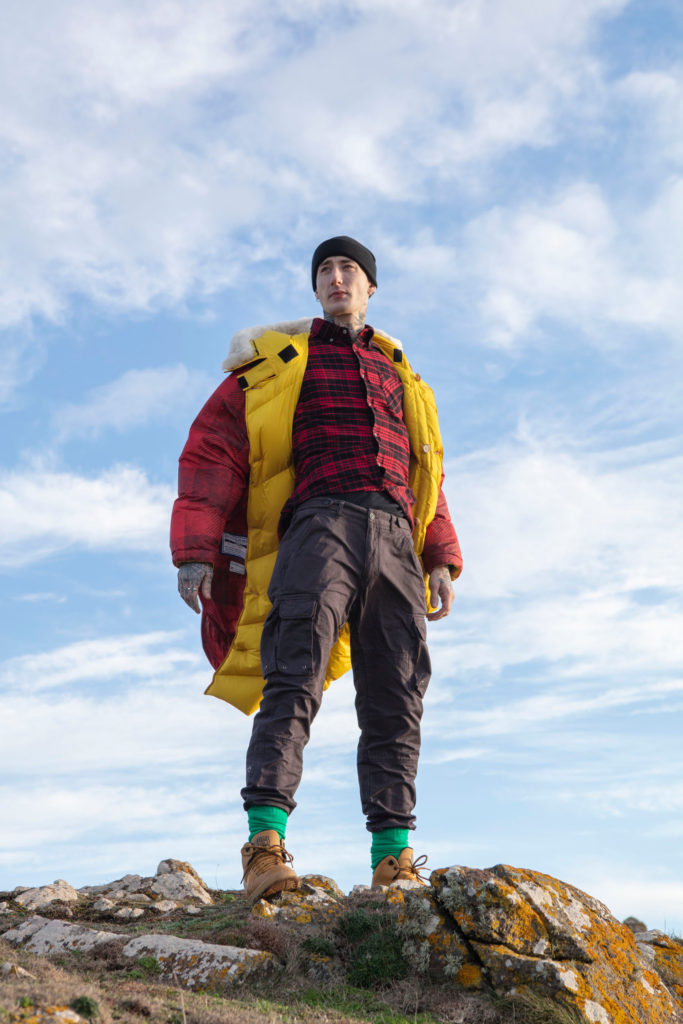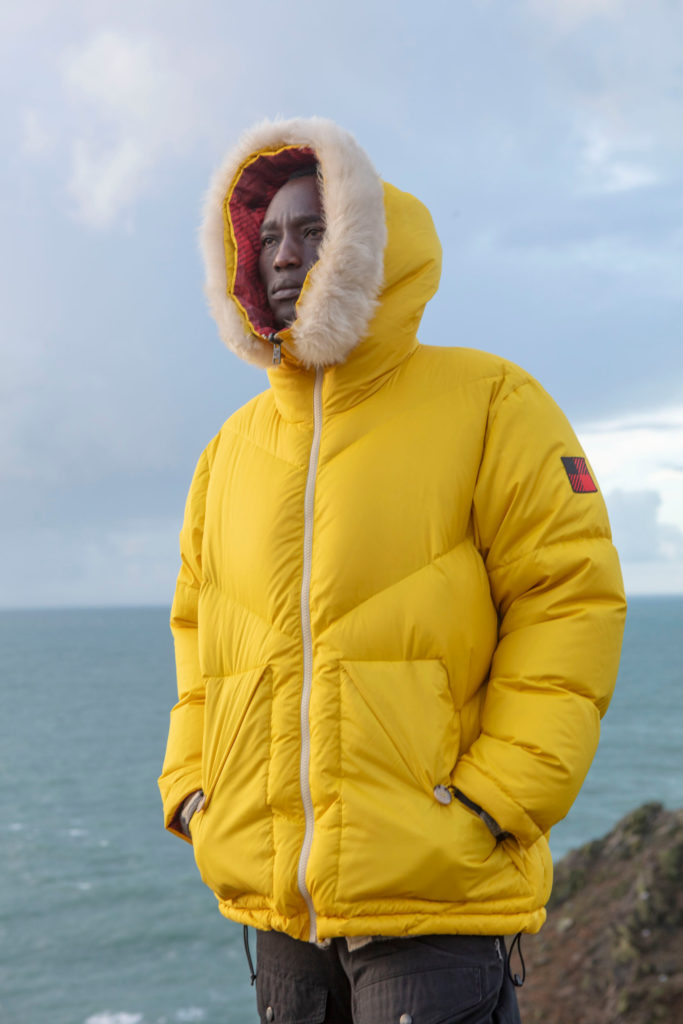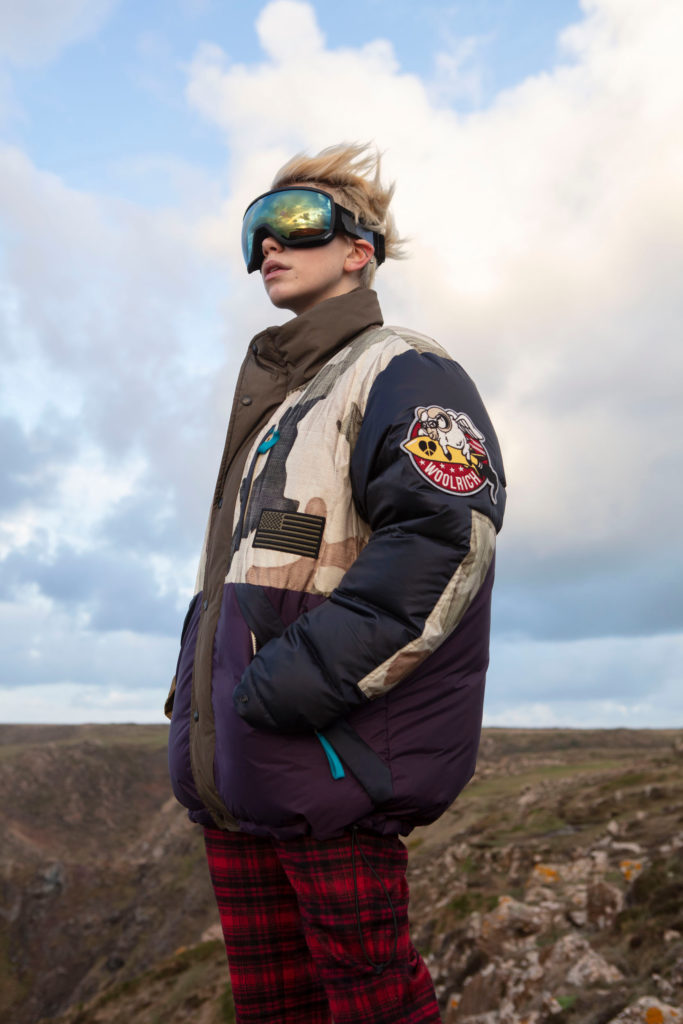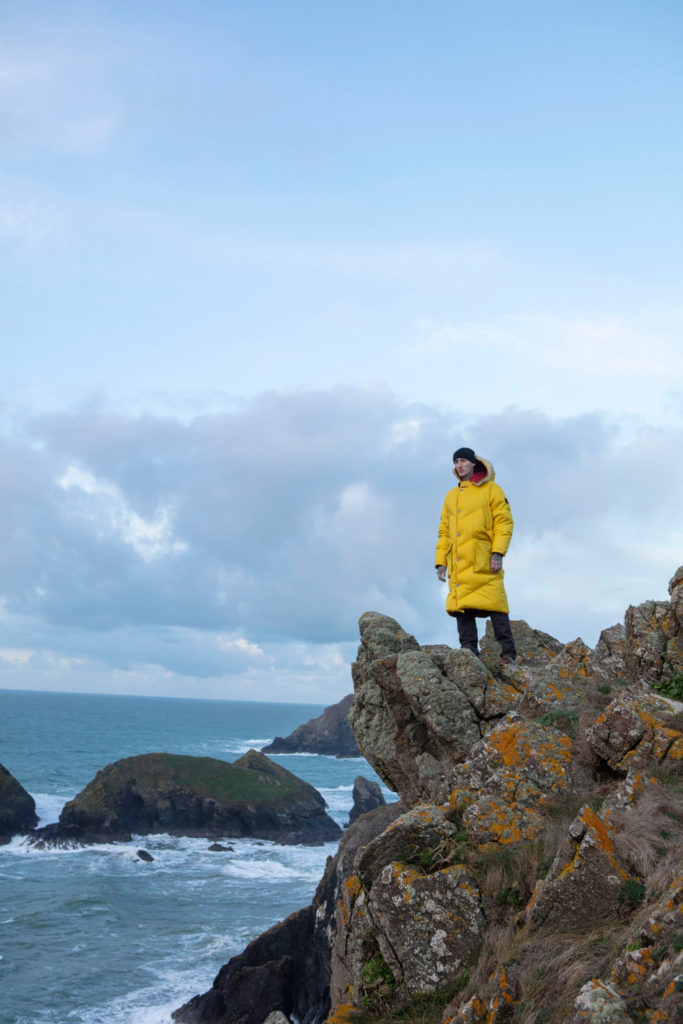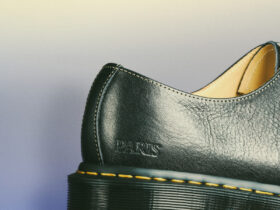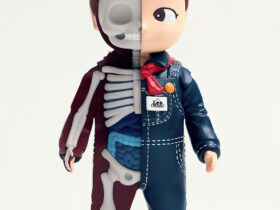This Winter is the occasion for the release of Second Life, the Woolrich Durabe collection designed by Jeff Griffin from the UK-based design studio on the Atlantic coast and with a carbon neutral footprint.
Revised proportions and a palette of bright colors are the instruments with which the two brands merge their passion and know-how for outwear. The functionality of the elements of this collection is highlighted by reversible clothing, a parka that turns into a poncho in the blink of an eye and oversized pockets inspired by the iconic coats from the Woolrich brand archive.
Griffin meticulously designs clothes that combine form, function and fashion with his passion for technology and sustainability. Combined with the expertise that Woolrich has acquired as a clothing brand dedicated to outdoor since 1830, the result is a collection that is undeniably future-oriented while remaining steeped in tradition.
About 200 liters of water are used in the dyeing process, which produces only 1 kg of fabric and accounts for almost 20% of the world’s water wastage. To combat this problem, Griffin has collaborated with the manufacturer of technical fabrics for sportswear of northern Italy, Majocchi, to create an innovative process: the production of a printed and undyed fabric does not imply any use of water.
Through a partnership with Seaqual, an organization passionately fighting against marine plastic pollution, this collection also uses fabrics made from recycled plastics harvested on the Spanish coast, where marine litter is collected by 1,500 fishermen and converted into fish. 100% recycled polyester. Traceability has been carefully studied and, while there is still a long way to go, this type of innovation contributes to the preservation of the oceans and opens a new path – for both industry and consumers.
Exclusively created for this collaboration, woven at Lake Como and manufactured in Bergamo, Italy – Eco Ramar fabric reduces water consumption by 80%. Composed of organic cotton and recycled Italian nylon, the calculated decision to print instead of dyeing this classic Woolrich fabric – is a major measure of water saving. An added bonus is the use of organic cotton which also guarantees the absence of pesticides.
At the heart of this collection is the concept of circular economy. The aim is to eliminate waste by turning the remnants of the textile industry and the overproduction of factories into functional, interesting and easy-to-wear garments.
Due to their longevity and reuse, the circular economy also supports the use of high quality fabrics.
The inspiration for this capsule from Woolrich’s archive is characterized by the use of the brand’s iconic print, the famous Buffalo Check and its iconic red and black checks, but also by the use of the wool (made in the USA from surplus stock). The fabrics used in this capsule come from high-end Italian suppliers. They are breathable, waterproof and in perfect harmony with Woolrich’s old philosophy: Garments with a Purpose



